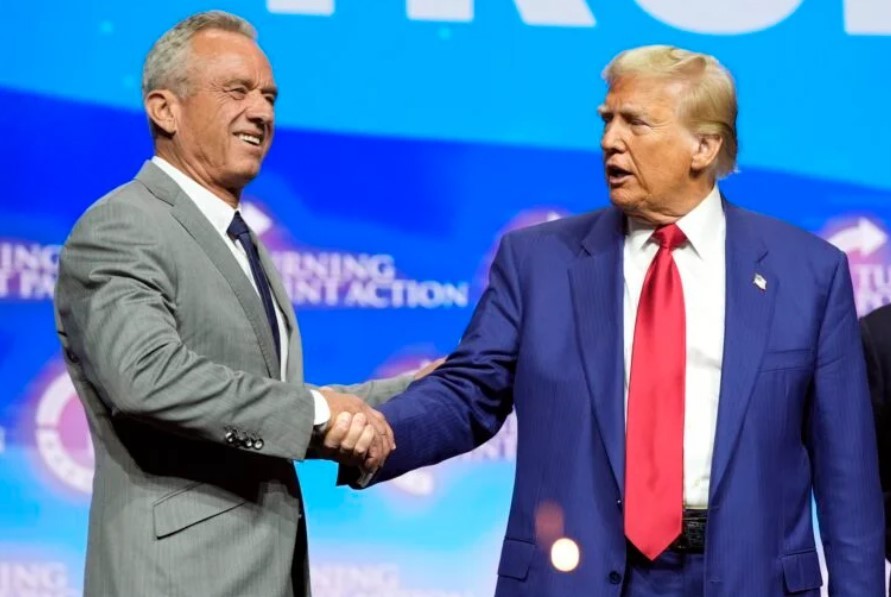Veterans in Trump’s Cabinet: A Leadership Team Shaped by Service
President-elect Donald Trump has unveiled a cabinet featuring a remarkable number of leaders with military experience, signaling his commitment to strong governance and national security. These veterans, who bring a wealth of discipline, leadership, and strategic expertise to their roles, are poised to play pivotal roles in shaping U.S. policies. Among them is Vice President-elect J.D. Vance, a Marine Corps veteran, whose journey from Iraq to the White House epitomizes the service-oriented ethos of this cabinet.
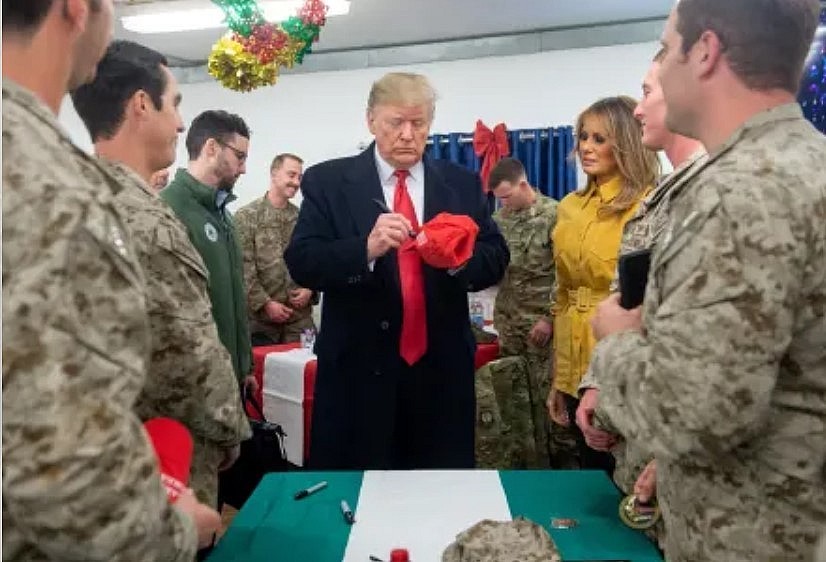 |
| List of Veterans in Trump’s Cabinet |
The Importance of Veterans in Trump’s Cabinet
Trump’s inclusion of veterans in his cabinet reflects a broader strategy of incorporating leaders with firsthand experience in service, sacrifice, and leadership. These veterans bring:
Strategic Vision: Their military training equips them to address complex challenges with precision and foresight.
Discipline and Integrity: Their service instills a commitment to accountability and public trust.
Commitment to Service: Their dedication ensures policies prioritize national security and the well-being of citizens.
Veterans in Trump’s Cabinet
1. J.D. Vance: Vice President-Elect
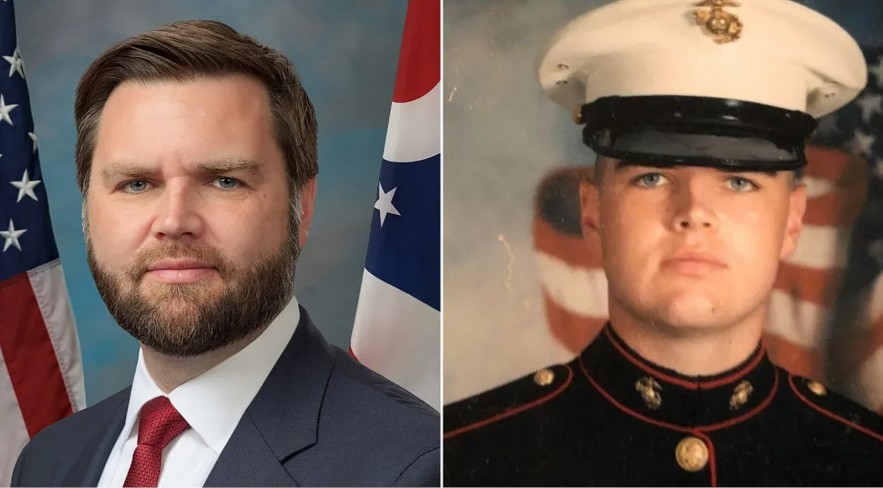 |
| J.D. Vance in the Marine Corps |
Military Service:
J.D. Vance served in the U.S. Marine Corps from 2003 to 2007, during which he was deployed to Iraq as a public affairs specialist. This experience gave him firsthand exposure to the challenges of military life and the complexities of modern warfare, shaping his approach to leadership and governance.
Role as Vice President:
As Vice President, Vance will act as a crucial advisor to President Trump. His focus will likely include addressing economic challenges faced by working-class Americans, advocating for veterans, and bridging the administration’s policies with middle America.
Significance:
Vance’s combination of military discipline, legal expertise, and cultural insight, showcased in his bestselling memoir Hillbilly Elegy, positions him as a powerful voice for the administration’s vision of economic growth and national unity.
2. Tulsi Gabbard: Director of National Intelligence
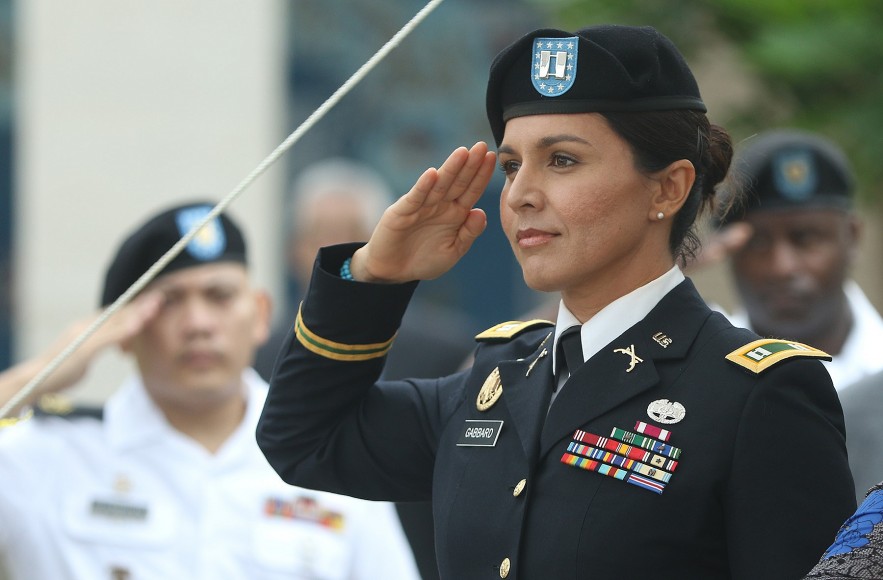 |
| Gabbard Plays Up Military Service But Says Little About It |
Military Service:
Tulsi Gabbard is a Major in the Hawaii Army National Guard and served two combat deployments in the Middle East. In Iraq (2004-2005), she worked in a field medical unit, providing care to soldiers and local communities. In Kuwait (2008-2009), she served as a military police officer.
Role as Director of National Intelligence (DNI):
Gabbard will oversee the U.S. Intelligence Community, including agencies like the CIA, NSA, and FBI. Her priorities include reforming intelligence practices, enhancing cybersecurity, and countering terrorism.
Significance:
Her military background gives her a profound understanding of global conflicts, making her a transformative figure in reshaping how intelligence informs U.S. policy. Gabbard’s bipartisan appeal and focus on transparency are expected to foster public trust in the intelligence community.
3. Mike Waltz: National Security Advisor
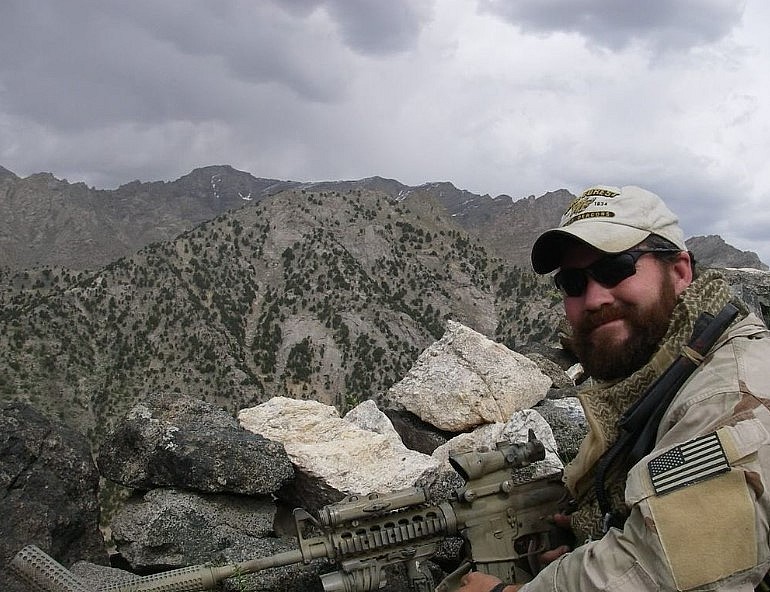 |
| Mike Waltz: - A Green Beret |
Military Service:
Mike Waltz, a former Green Beret, served multiple tours in Afghanistan, where he led counterinsurgency operations and advised Afghan forces. His decorated career earned him the Bronze Star Medal.
Role as National Security Advisor:
As National Security Advisor, Waltz will guide U.S. foreign policy and defense strategies, focusing on counterterrorism, cyber threats, and managing alliances with key global partners.
Significance:
Waltz’s leadership and firsthand combat experience position him to offer pragmatic, action-oriented advice on addressing both conventional and emerging threats to national security.
4. Pete Hegseth: Secretary of Defense
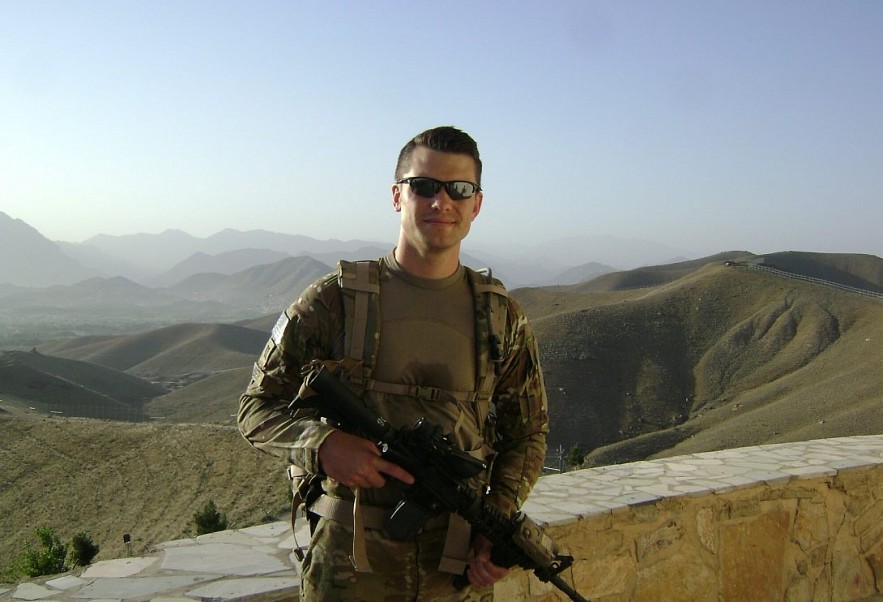 |
| Pete Hegseth in Army |
Military Service:
Pete Hegseth served in the Army National Guard, with deployments to Iraq, Afghanistan, and Guantanamo Bay. He earned the Bronze Star Medal for his leadership in combat zones and played a significant role in counterinsurgency operations.
Role as Secretary of Defense:
Hegseth will oversee the Department of Defense, focusing on modernizing the U.S. military, improving readiness, and addressing bureaucratic inefficiencies within the Pentagon.
Significance:
As a vocal advocate for veterans and military reform, Hegseth’s leadership will ensure that the U.S. armed forces remain agile, efficient, and prepared for future challenges.
5. Lee Zeldin: Trump’s Environmental Chief
 |
| Lee Zeldin in Army |
Military Service:
Lee Zeldin served in the U.S. Army as a paratrooper and military attorney with the 82nd Airborne Division, including a deployment to Iraq during Operation Iraqi Freedom in 2003. He continues to serve as a lieutenant colonel in the Army Reserve.
Role as Environment Chief:
As head of the Environmental Protection Agency (EPA), Zeldin will focus on balancing environmental protection with economic growth. His military experience in leadership and strategic decision-making will guide his approach to energy independence and practical environmental solutions.
Significance:
Zeldin’s leadership will likely emphasize energy independence, deregulation, and innovative approaches to conservation. His military experience has fostered a disciplined and mission-oriented approach to governance, making him a unique choice to lead the EPA during Trump’s administration.
Matt Gaetz: Attorney GeneralMilitary Connection: Although not a veteran, Matt Gaetz has championed veterans’ issues throughout his career in Congress, advocating for improved healthcare access and holding the Department of Veterans Affairs accountable. Role as Attorney General: As Attorney General, Gaetz will lead the Department of Justice with a focus on tackling government corruption, safeguarding veterans’ legal rights, and ensuring equal justice under the law. Significance: Gaetz’s legal expertise and conservative principles will bring a bold, reform-oriented approach to the DOJ, aligning closely with Trump’s vision of restoring public trust in government institutions. |
Conclusion
President-elect Trump’s cabinet, infused with the leadership and expertise of veterans, reflects a bold vision for governance rooted in service and resilience. These leaders, shaped by their military experiences, are poised to tackle the nation’s most pressing challenges while prioritizing security, reform, and the well-being of the American people.
Their collective impact will not only strengthen the administration’s policies but also inspire confidence in its ability to lead with integrity and purpose.
Frequently Asked Questions (FAQs)
1. Why did Trump choose so many veterans for his cabinet?
Trump values the discipline, leadership, and real-world experience that veterans bring to public service, particularly in roles related to defense and national security.
2. What role will J.D. Vance play as Vice President?
Vance will serve as a key advisor to Trump, focusing on bridging the administration’s policies with the concerns of middle-class Americans and veterans.
3. How does Tulsi Gabbard’s military experience influence her role as DNI?
Gabbard’s combat experience provides her with a deep understanding of global conflicts, enabling her to prioritize genuine security threats and reform intelligence practices effectively.
4. What are Pete Hegseth’s goals as Secretary of Defense?
Hegseth will prioritize modernizing the military, addressing global threats, and improving resources for service members and veterans.
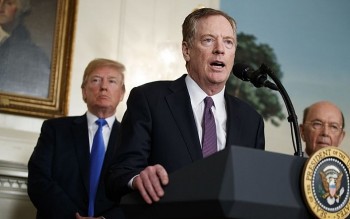 Who is Robert Lighthizer (Trump's Trade Chief): Biography, Personal Life, Career, and Net Worth Who is Robert Lighthizer (Trump's Trade Chief): Biography, Personal Life, Career, and Net Worth We explores Robert Lighthizer’s background, career, achievements, and his potential impact in a Trump new administration. |
 Who is Farhad Shakeri? Mastermind of Iran’s Plot to Kill Donald Trump Who is Farhad Shakeri? Mastermind of Iran’s Plot to Kill Donald Trump Farhad Shakeri, an alleged Iranian government asset who served time in American prisons for robbery, told investigators about the plot to assassinate President-elect Donald Trump. |
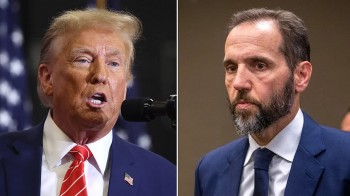 Who is Jack Smith: Biography, Personal Life, Career, and Net Worth Who is Jack Smith: Biography, Personal Life, Career, and Net Worth Learn more about Special Counsel Jack Smit's family history, education, professional accomplishments, wealth, and impact on the political and legal spheres in this in-depth biography. |
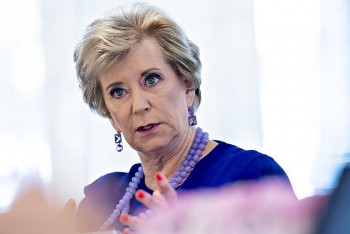 Who is Linda McMahon (Trump’s New Cabinet): Biography, Personal Life, Career, and Net Worth Who is Linda McMahon (Trump’s New Cabinet): Biography, Personal Life, Career, and Net Worth This article will explore Linda McMahon’s background, early life, career, personal life, and her qualifications to lead the Department of Commerce. |


